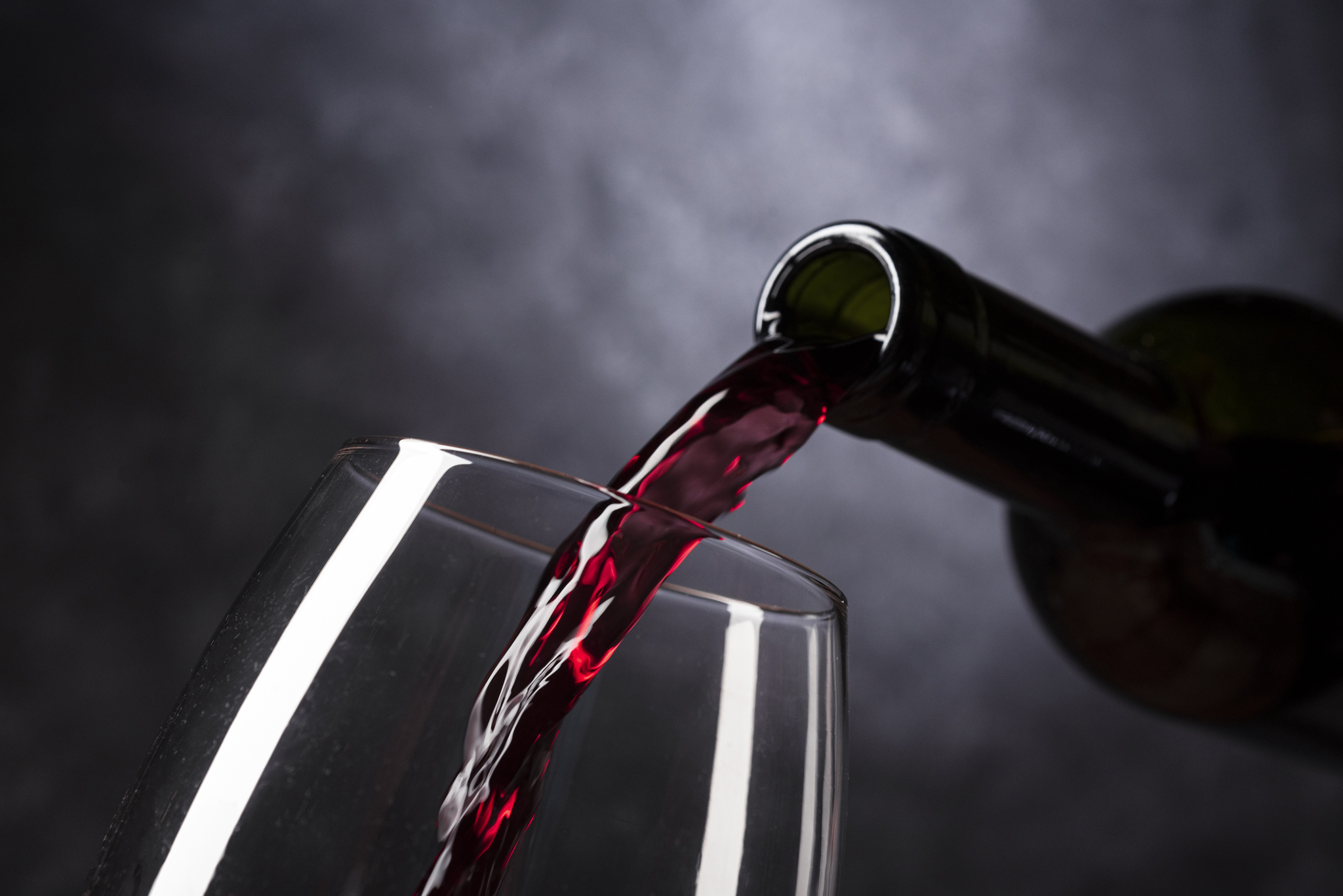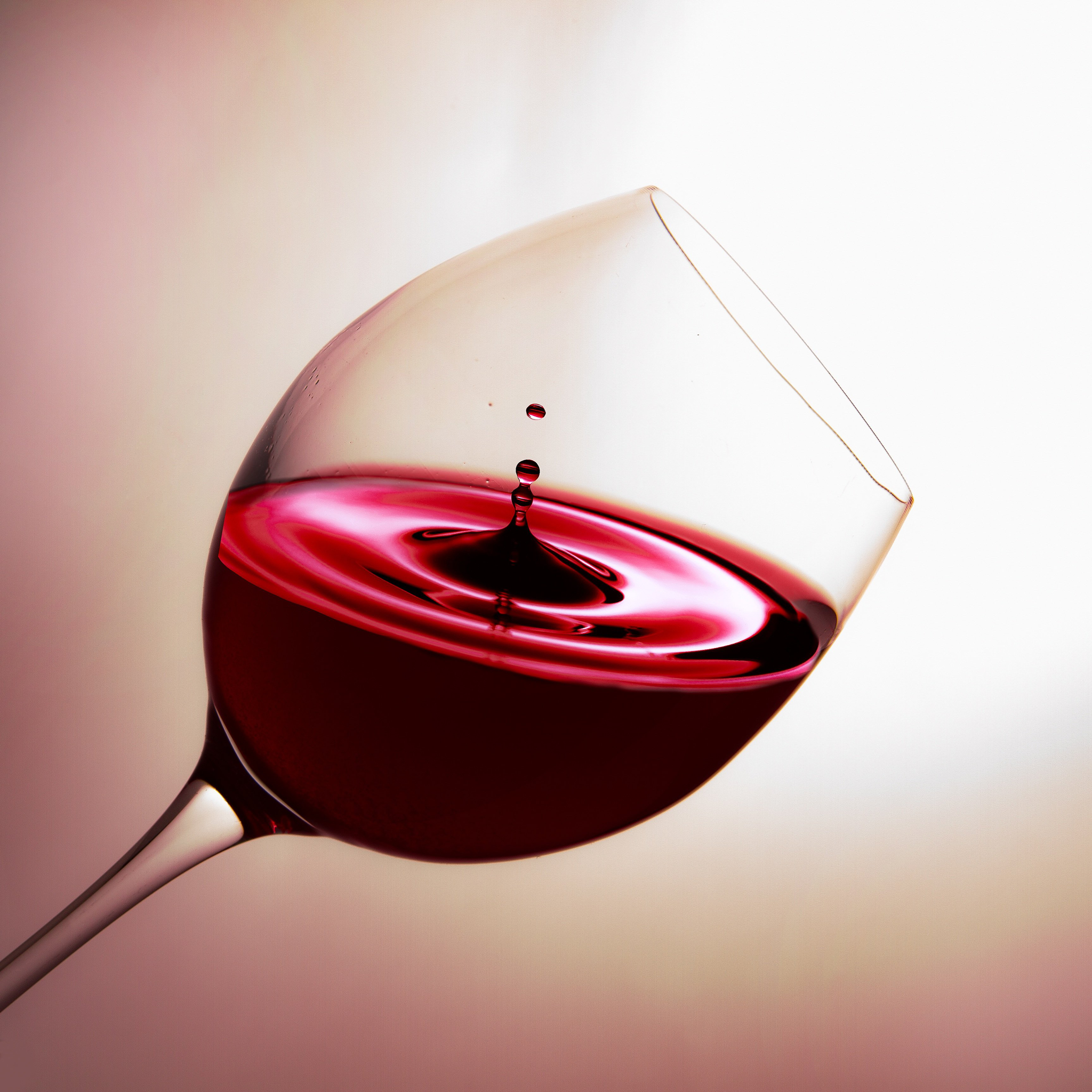Using artificial intelligence to obtain an objective quality assessment of wine
Goal:
The aim of the PINOT project is to study and implement sensor-based AI systems along the entire wine value chain, from the grape to the consumer.
The acquired sensor data facilitates the work of winegrowers and cellar masters in terms of production and quality assurance by digitalizing and documenting the aroma, taste and texture of wine, thereby making these parameters reproducible.
Subjecting wine to multisensory analysis enables dealers and sommeliers to pretest it, check that delivery matches the order, and offer the wine to specific target groups, while customers benefit by receiving the wine that best suits their palate.
Motivation:
The art of winemaking is highly complex and calls for a great deal of expertise and skill. Numerous factors affect wine quality, such as climatic conditions, soil properties, and the individual processing steps taken by the winegrower.
Various tests are carried out to determine a wine’s authenticity and quality, from physical and chemical analyses to tasting sessions with professional tasters. In the latter case particularly, analysis and documentation may vary significantly as they depend on the individual’s sense of taste. Moreover, wine tasting and analyses are both extremely and time-consuming.
This is precisely where the PINOT project comes in. Multisensor systems and artificial intelligence enable the taste of wine to be captured holistically and objectively, while digitalizing its sensory perception.

